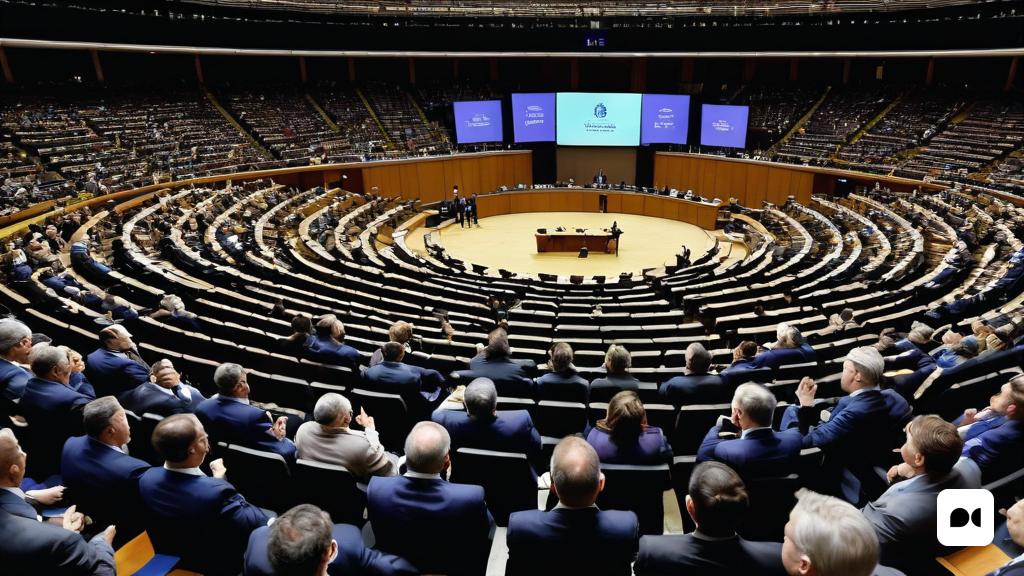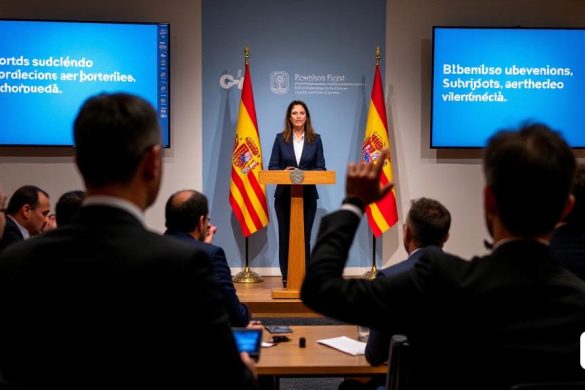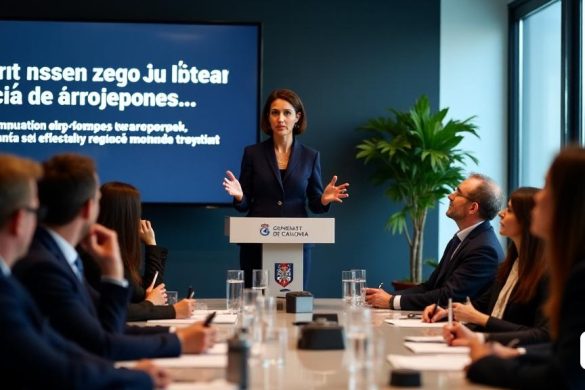The Popular Party and its proposals for institutional regeneration
The Popular Party continues its offensive against the independence movement, presenting up to 15 proposals for institutional regeneration and the reinforcement of the rule of law in the context of the European elections.
Although its leader, Alberto Núñez Feijóo, did not rule out a possible agreement with Junts per Catalunya to promote a motion of censure against the President of the Government, Pedro Sánchez, the popular ones have revealed a series of measures that include the creation of the European crime of treason.
The proposal aims to combat external interference, such as that of Russia, and to stop unilateral independence. It proposes to classify treason against the European Union and its member states as a Eurocrime, punishing those who cooperate with hostile foreign powers to harm European security or defence, or threaten the territorial integrity of member states.
Linking the independence movement with Russia
The People’s Party not only targets secessions, but also political parties and leaders with direct ties to Russia. The demand for an investigation into Russian interference in Catalonia and the strengthening of the EU regulatory framework against espionage is highlighted.
Despite the evidence of montage in this plot, the popular ones insist on linking the Catalan independence cause with the Kremlin, supporting this position with the non-binding resolution approved by the Spanish parties in the European Parliament.
Other proposals and demands
In addition to the creation of the European crime of treason, the Popular Party demands explanations about the Pegasus case and proposes automatically making the European order effective to prevent more fugitives from justice. It also proposes reforms to the EU Anti-Corruption Directive, the appointment of an EU coordinator for the rule of law, among other measures.
These proposals include expanding the powers of the European Public Prosecutor’s Office, strengthening the European Parliament’s oversight sessions, and merging committees without legislative powers to reduce wasteful spending.




